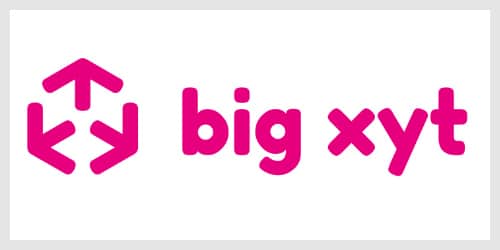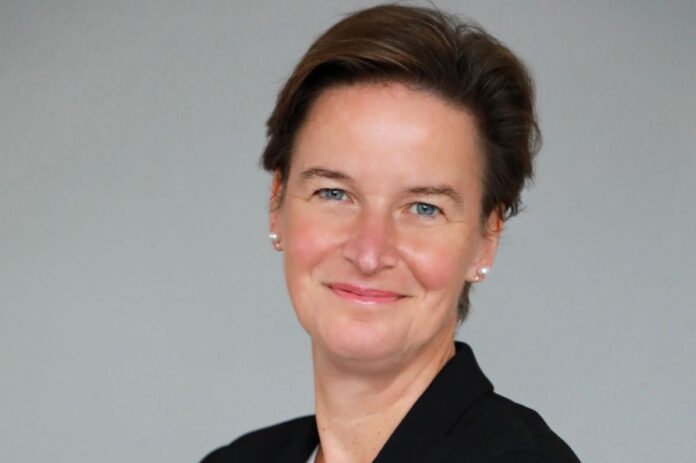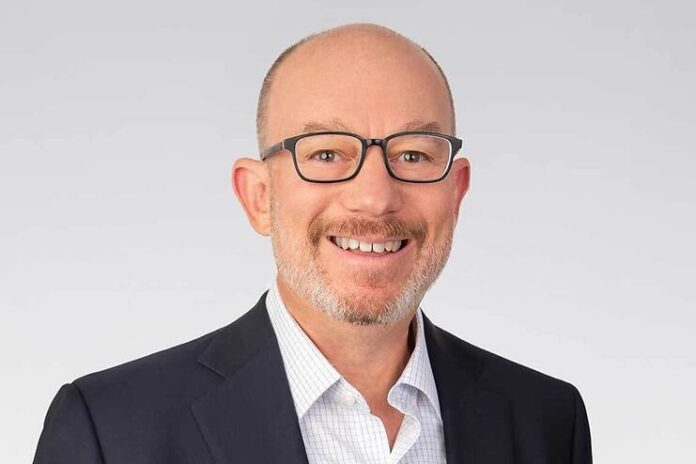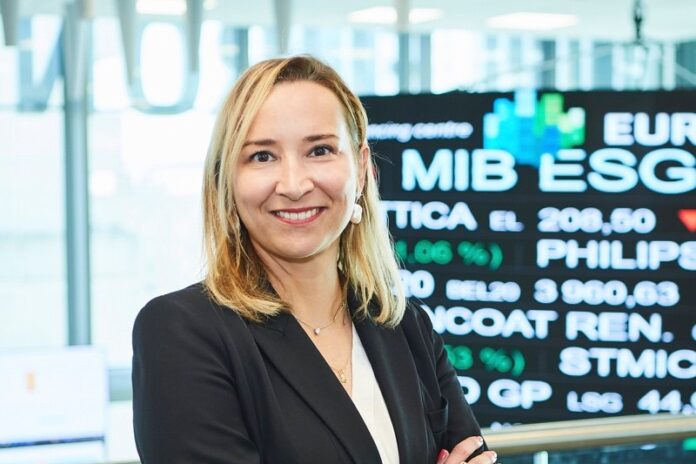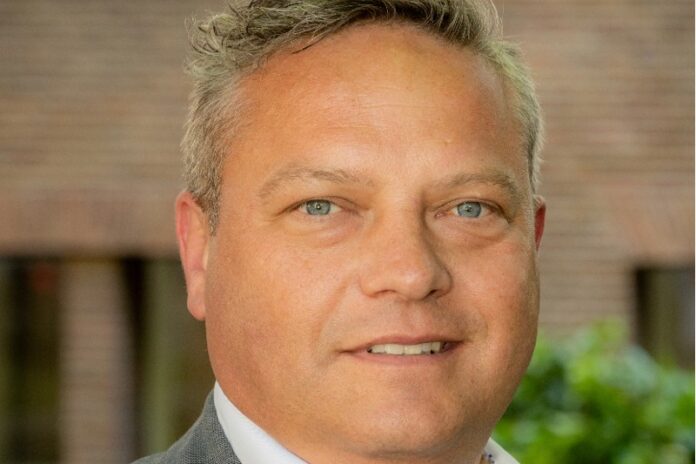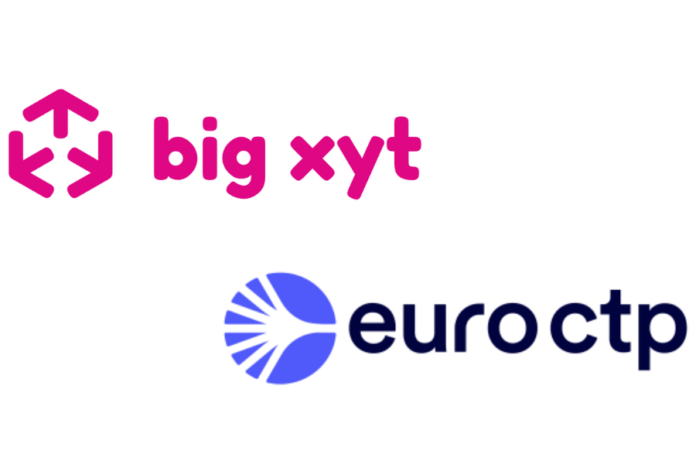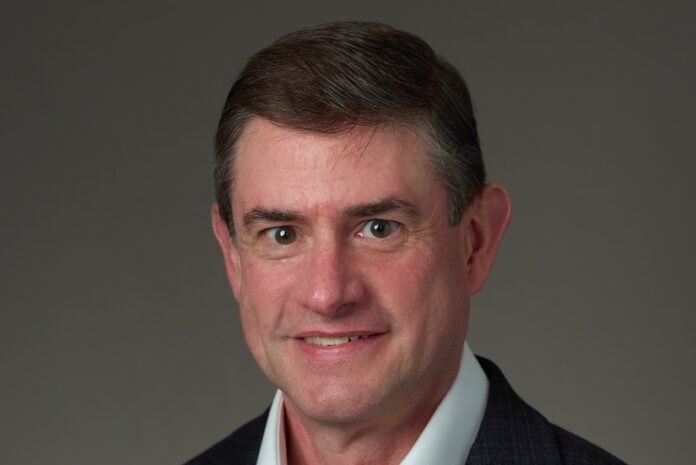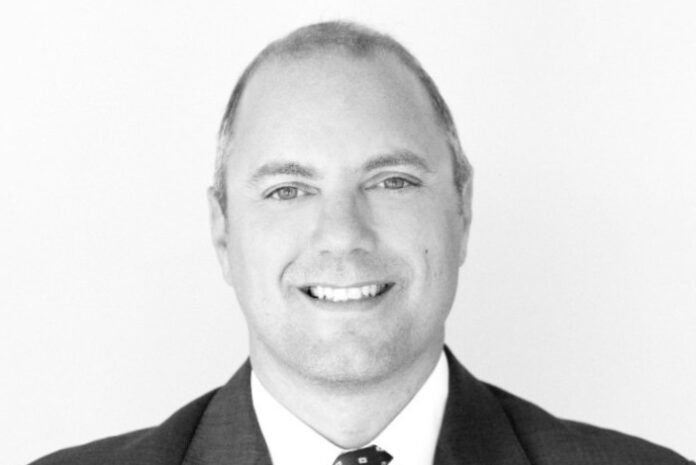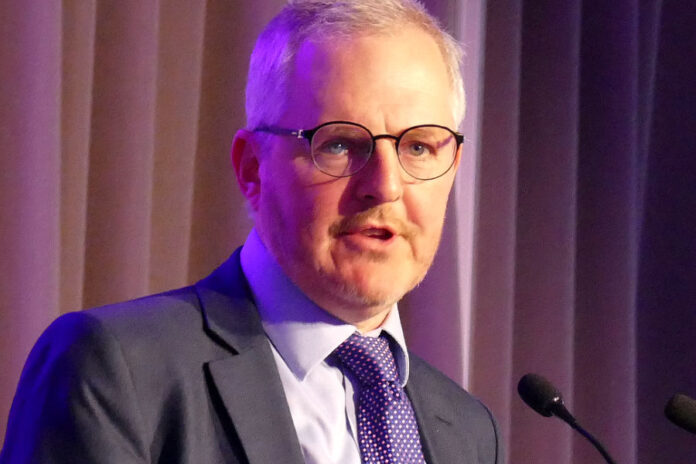Europe’s securities regulator is planning a bonfire of red tape after being deluged with complaints from market participants. Stung by suggestions that reporting burdens hold back the continent’s capital markets, the European Securities & Markets Authority is launching a consultation aimed at simplifying transaction reporting frameworks.
European market stakeholders have until mid-September to weigh in on proposals intended to slash compliance costs and improve regulatory efficiency across the MiFIR, EMIR, and SFTR regimes.
ESMA’s call for evidence, published on 23 June, identifies overlapping and inconsistent regulatory requirements across multiple reporting regimes as key challenges. Specifically highlighted are transaction reporting frameworks within Markets in Financial Instruments Regulation (MiFIR), European Market Infrastructure Regulation (EMIR), and Securities Financing Transactions Regulation (SFTR). The authority states explicitly that these regulatory requirements, developed post-2008 financial crisis, have resulted in significant compliance costs due to their sectorial, siloed approach, leading to overlaps and misalignments.
According to ESMA’s consultation document, “Transaction reporting is one of the costliest areas in the financial sector as identified in the Commission’s fitness check for supervisory reporting, and it creates significant costs for authorities as well. A 2019 study estimated the costs to the industry of MiFIR, EMIR and SFTR reporting taken together to be in the range of EUR 1 – 4 billion per year.”
ESMA Chair Verena Ross said: “The time is right to look at reporting frameworks in a more comprehensive manner and present options to achieve simplification and burden reduction. The goal is to reduce complexity and costs for stakeholders while enhancing data quality, sharing and usability.”
The consultation outlines two primary approaches for simplification. The first option is to eliminate duplication within existing reporting channels without major structural adjustments. The second, more ambitious option proposes a unified reporting template, adopting a “report once” principle, designed to replace the multiple existing frameworks. ESMA states this would help “rationalise data flows, harmonise processes and eliminate duplicative or inconsistent requirements.”
The regulator has temporarily paused proposing changes to existing regulatory technical standards (RTS) 22, 23, and 24 under the ongoing MiFIR review to facilitate a comprehensive assessment. As detailed in ESMA’s final report published alongside the consultation, this pause “allows market participants to freeze their implementation efforts, already contributing to burden reduction by avoiding implementation cost in the short term.”
Responses to previous consultations, details of which can be found in ESMA’s final reports on RTS 22 and RTS 24, underline the complexities at hand and the market participants’ frustration. More than 40 stakeholders ranging from market venues to intermediaries answered the consultation. These highlighted concerns regarding practical implementations of the rules, with for example in ESMA’s final report on RTS 22 and 24 states: “several respondents asked for additional clarity about the notion of centrally cleared”.
A theme among comments by individual firms was that ESMA’s definitions created complexity. For example, Intercontinental Exchange questioned the definition of effective dates: “ICE suggests clarifying the definition of effective dates to ensure the reporting framework is able to consider relevant differences between contracts. The addition of a new field is likely to create confusion and imprecise application in practice.”.
Respondents also complained of the potential costs associated with changing messaging format from XML to JSON and expressed differing views on Trading Venue Transaction Identification Code harmonisation (TVTIC), as well as the complexity of implementing and reconciling an Aggregated Client Account identifier.
Expecting non-European venues to conform to this was a dealbreaker, respondents warned.
For example, Cboe Europe told ESMA: “Cboe believes that expecting non-EEA venues to adhere to EU-specific requirements and adopt consistent methodologies may be an unrealistic goal.”
The RTS 23 final report specifically cites respondent feedback advocating for “a more focused and effective data reporting system that eliminates unnecessary data collection and processing.”
Jim Kaye, executive directoR for the FIX trading community welcomed this new consultation:
“The FIX Trading Community welcomes ESMA’s call for input on streamlining financial transaction reporting. We have already contributed to previous consultations on this topic, and we remain committed to supporting efforts that enhance efficiency and reduce duplicative reporting requirements. As an industry association focused on promoting and developing transparent data standards, including those for regulatory reporting, we welcome this initiative and will be ready to work with regulators and the industry on this.”
ESMA plans to publish a final report by early 2026, outlining key areas identified for simplification and defining a preferred approach. Stakeholders, including financial institutions, reporting entities, and competent authorities, are encouraged to submit detailed feedback addressing specific questions and alternative approaches.
ESMA has underscored the importance of robust supervisory oversight even amid efforts to simplify reporting obligations. The current initiative comes alongside the European Commission’s broader commitment to reducing the regulatory burden for businesses, part of the “simpler and faster Europe” initiative which aims for a 25% reduction in reporting burdens across the EU.

